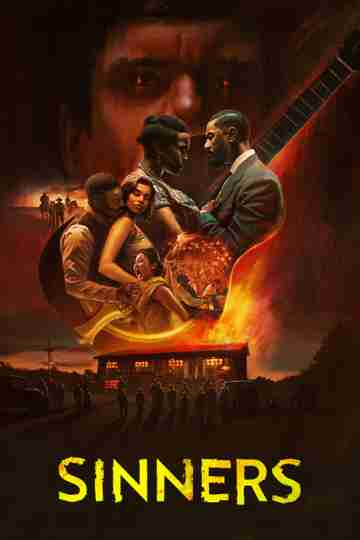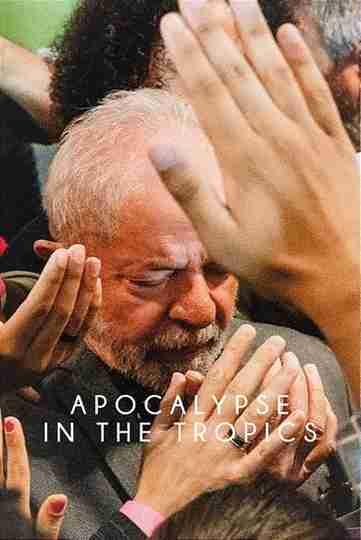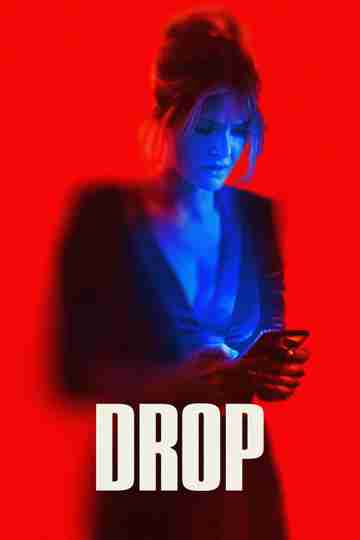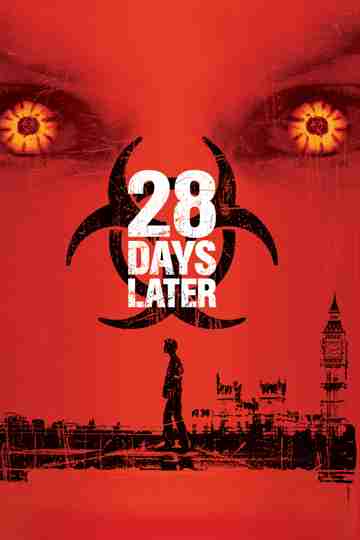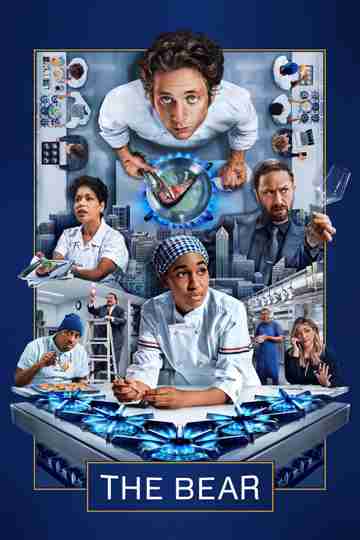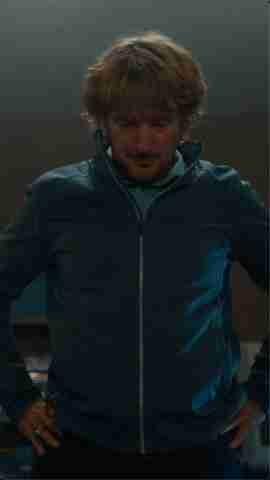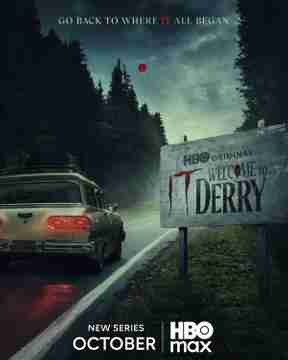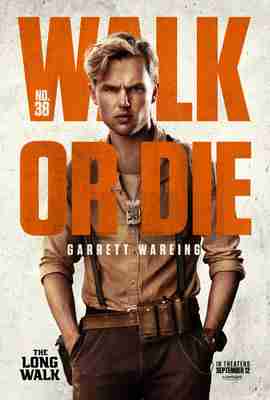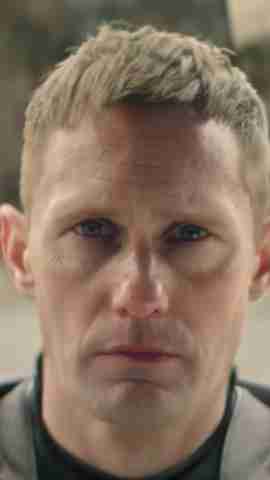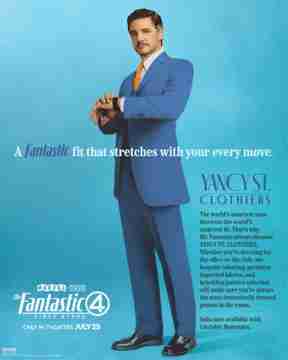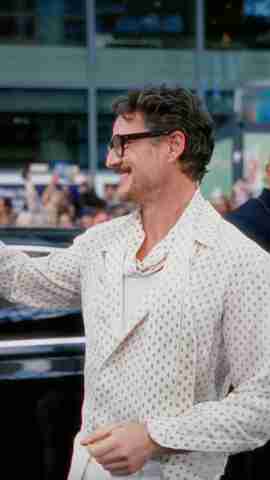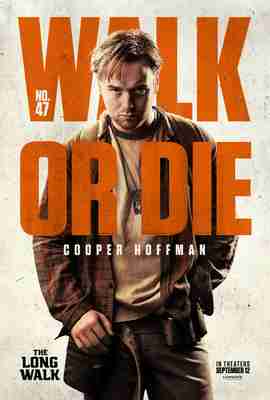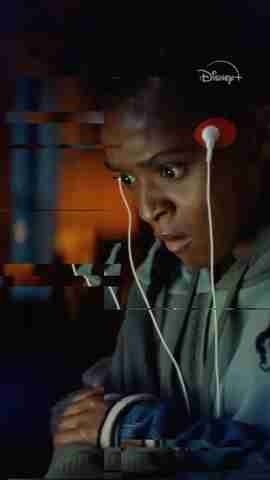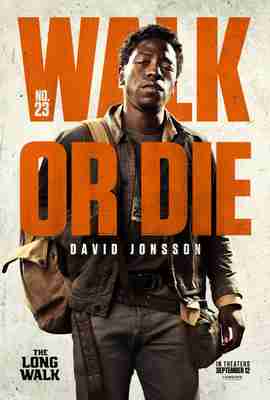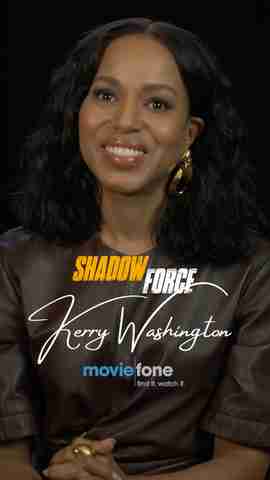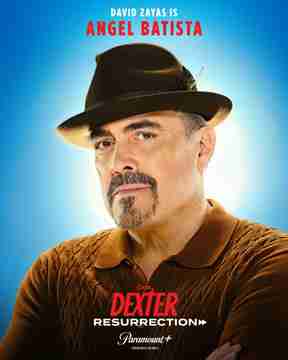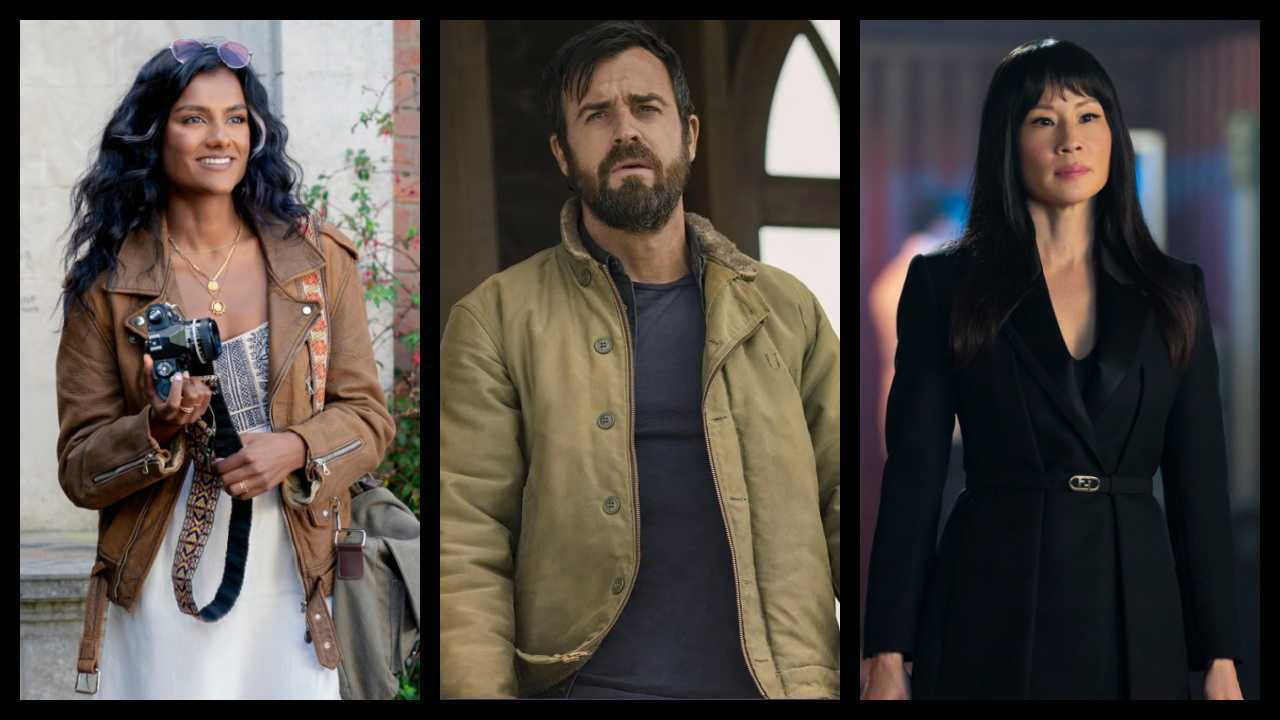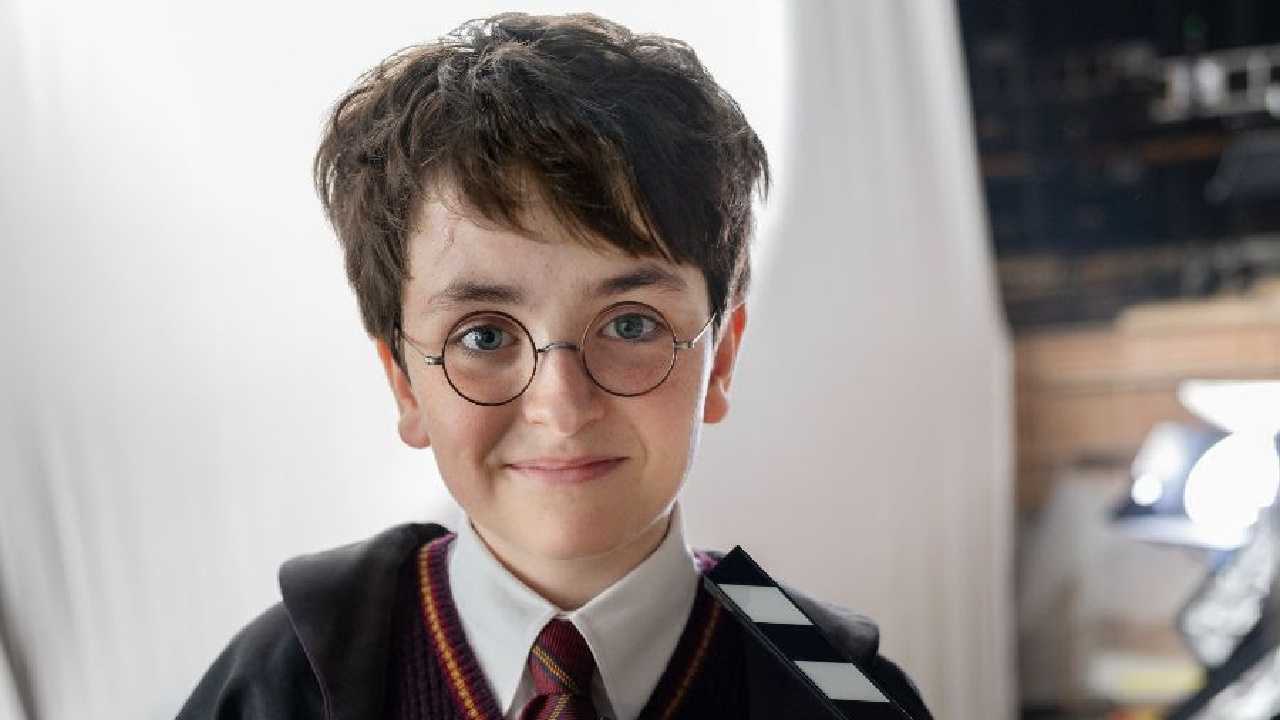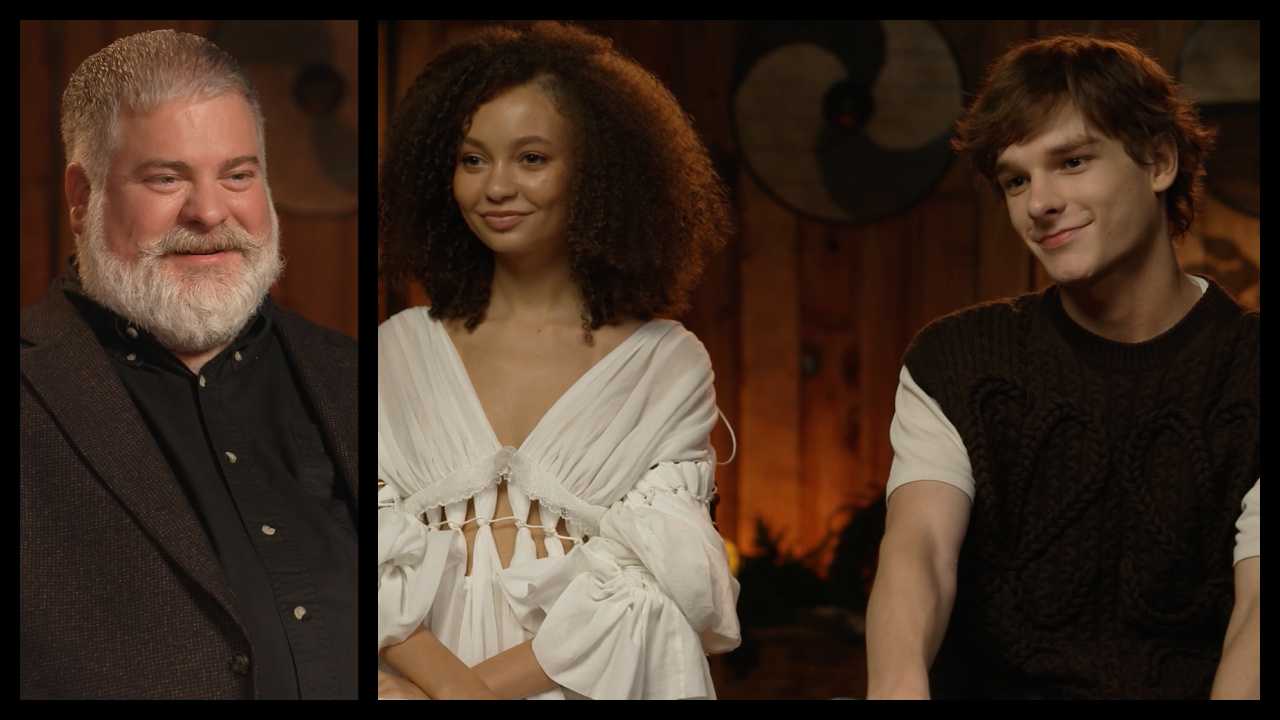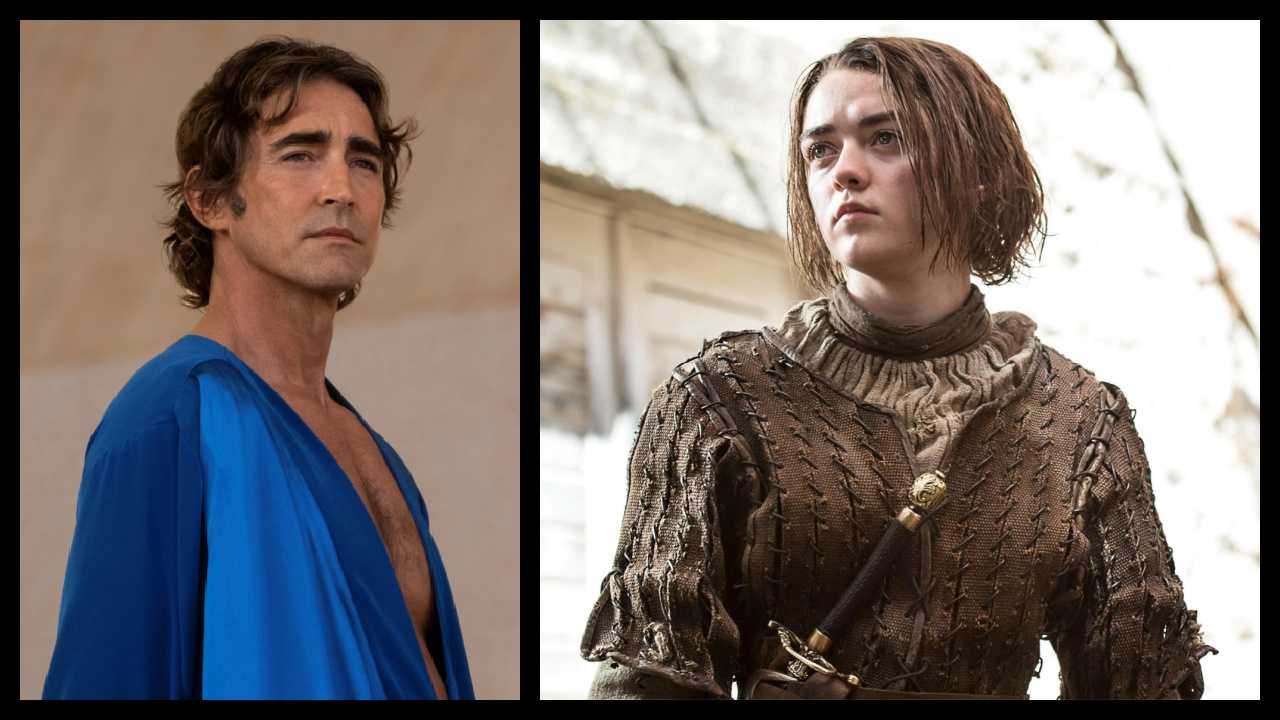Why Sarah Jessica Parker Said 'I Do' to HBO's 'Divorce'
If HBO's "Sex and the City" was all about the search for love, sex, and enduring relationships, Divorce," is about walking away from it all.
"I was always interested in the story of marriage," says Parker, noting the darker, rawer, and more emotionally brutal elements of her new series, a dramedy the follows the nasty gamesmanship that ensues when Parker's character Frances asks her longtime stolid but no longer exciting husband Robert (Thomas Haden Church) for a divorce -- and then immediately regrets it, though it may be too late. "By virtue of just that interest alone, it was automatically different" from her previous series, she notes.
"Frances was so much her own person, from the moment I read the pilot," Parker adds. "She was so distinct from, not only Carrie, but any other character I have ever played, somebody who was so weary in ways that I had not seen or had a chance to play, and used language in a way I hadn't ever and had a relationship with a man and children in a way I'd never had a chance to do."
On the other hand, there were some subtle but strong reminders of her previous experience in series television, Parker notes. "I think that the day‑to‑day, actually, was really familiar," she says. "I think just the first season of a television show, just figuring out the language that we all wanted to use to communicate and figuring out the tone -- those kinds of challenges were new, but expected."
"It just reminded me, frankly, of how much I love television, she adds. "I love the process, the schedule, the speed, the urgency, how important every detail is, how little time you have to sort it out and try to get it right. So it didn't take long to feel natural again and very much where I wanted to be."
Parker joined Moviefone and a small gathering of press to expand on why she became so married to "Divorce."
What were the ways in which you could identify with Frances?
Sarah Jessica Parker: I think anybody who wants very much to save their life and figure it out is somebody that you can relate to. It's not so much that I have been in her position, but I certainly understand somebody who feels that they want to find fulfillment. They need to kind of rescue themselves and their lives.
And I think, also, just being a mother who is concerned about making the right choices for her children and handling something that's potentially so painful, how do you talk about it in a way that's not patronizing, but that is careful? I think that mattered a lot to me in how we talked about it.
But it's not necessary to relate to a character you play at all. I mean, I don't think Jimmy Gandolfini related to Tony Soprano. I think that's always a question I'm always like -- I don't know. Do you relate to every subject that you write about? No. But you throw yourself towards something because you're curious about it.
I don't really relate to Frances. Her life is different. She's a much more withholding, chilly person than I am. She's not very buoyant, as you can see. She can be mean and angry, but I love playing somebody like that. I don't need to relate to somebody. In fact, what I want very much is to not relate to somebody.
But, at the end of the day, can you learn anything from her experiences?
Is it necessary to always learn? I don't know. I think there's a really amazing thing if you get to do television long enough where you're basically in an alternate universe. It's the weirdest thing. You're actually living a completely different life for a long time.
And I don't know that you're in a position, when you're in the midst of it, to recognize what you're learning. I think you're in the day‑to‑day of living a life, and you're just having these experiences. And what have I learned from Frances? I don't know. I only played her for a season on television.
When you spend a whole day fighting with your fake husband and then go home to your real family, do you say, "Oh, maybe let's not fight over the toilet paper roll?"
No, because the things that make me not want to fight about things are things that are happening in the world. What happens on the set doesn't typically [affect me] -- although I will say, like, on "Sex in the City," having played friendships for so long, the thing that really just sort of were fingerprints that were all over me were this devotion to friendships.
I can tell you that, right now, I've only spent a year producing this show and playing this part, which means four months, which means there's all this work, it's a thoughtful process right now. I'm not trying to elude the question at all, but right now, I'm just trying to sort of it out.
A lot of people turned on Carrie Bradshaw --
You mean when she had an affair.
Yeah. This character isn't introduced as entirely sympathetic. Is that something you were looking for -- not necessarily like you?
I think I just wanted to tell the story of marriage. I'd been working on this idea for four years prior to meeting [showrunner] Sharon [Horgan]. We'd gone through another writer. I didn't care about people responding well to choices Frances made. I think marriages are incredibly complicated, and smart, thoughtful, evolved people make choices that are not necessarily smart, actually. And she's committed 17 years to this marriage that she says they've been through counseling. She's really sort of devoted herself to making it work, and she's weary. And she makes some choices that some of us might not.
But she's very real. She's a very real person, and I think the more you spend time with her, the more you'll learn about who she is. Like we always do in a friendship where we know somebody. The more time we spend with them, the more they reveal of who they are. And you might still not care for that decision-making, but you will certainly have a better sense of why they might have arrived at that decision.
The comedy in this show is very different than the style and tone used in "Sex in the City." Tell me about adapting to that new format.
I mean, I've done that kind of comedy in theater or on film, and it doesn't feel that radically different to me. It's just telling a story. You're in a scene, and you're responding to somebody. And whether the joke by the person who is giving or receiving is dialed up or dialed down doesn't change the way the way you're responding or delivering.
For me, there's a tone, and I think the entire tone is something we talk a lot about, but the delivery, the on set -- I think if you talk too much about "Is it different than [co-star Church's previous sitcom] 'Wings'?" You can't spend your time starting to pick things apart. I think you have to sit in a room and play opposite of Thomas or Molly Shannon or Talia [Balsam] or Tracy Letts and be a good listener and a good responder.
Did you learn anything about divorce?
I did. What I learned is that it is rife with all sorts of people that relish it and enjoy it. And I always sort of had this sense of lawyers -- well, I think there's things about it that friends enjoy because it allows them to voice feelings and share thoughts about spouses that they were harboring.
I think it can bring out some selfish qualities in people. I think really smart people do ridiculously awful things. I think people are hurtful when they never thought they would be. I don't think Frances ever intended, in this marriage or in this attempted divorce, to be unkind or malicious or be violent in any way. But I think it becomes very battle-like. And I see it. I've had family members go through divorces. I have close friends or people that have considered it, and it can be a very emotionally charged experience.
What have you learned about making a marriage work?
Not anything from this! [Laughs]
"Divorce" premieres Sunday, October 9th, on HBO.

